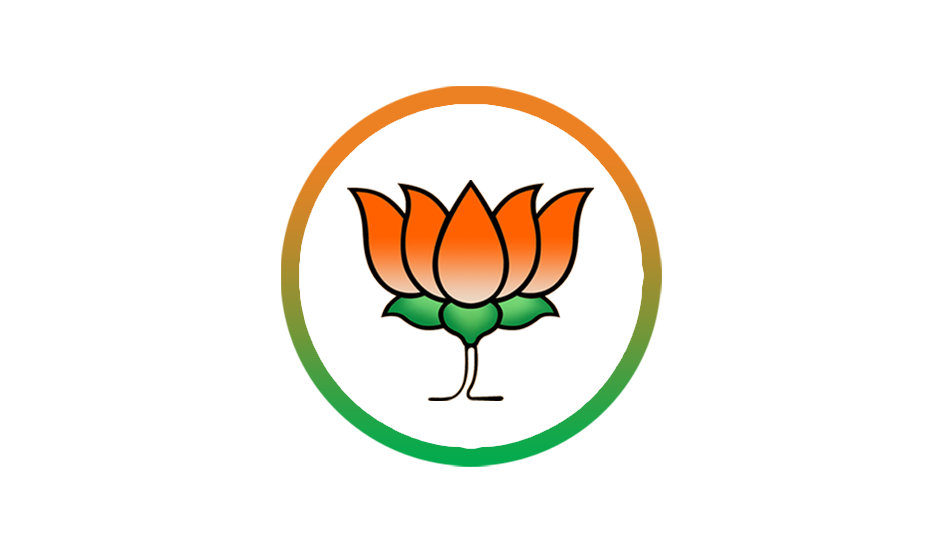‘All who have resigned, were already marginalised in the party due their unpopularity among voters,’ BJP claims.
New Delhi: The series of defections taking place in Uttar Pradesh BJP, with prominent ministers and MLAs belonging to the Backward community joining the Samajwadi Party (SP) and Rashtriya Lok Dal (RLD), is taking place as these leaders believe that voters who pre-2017 followed the “Yadav-Brahmin-Muslim” slogan are unlikely to press the Lotus symbol this time around.
While these leaders are claiming that they are resigning from the BJP due to its “anti-Backward” policies, the reason for their resignation and making a beeline for the SP, sources close to these leaders, said was the concern that getting the votes of just their own caste may not be enough for them to secure a win.
However, the defection of these prominent leaders representing the Backward community, if BJP leaders are to be believed, has not come as a “shock” as the party was aware they would resign once the code of conduct sets in. “All of them who have resigned, were already marginalised in the party due their unpopularity among voters and the majority of them were unlikely to be given the party ticket,” a Lucknow based party spokesperson said.
BJP’s prominent OBC face and sitting minister, Swami Prasad Maurya who left the BJP and joined the Samajwadi Party, just hours after the code of conduct came into effect, thereby taking away his ministerial
“In Padrauna (his traditional seat), Brahmins constitute 19% of the total voters, with Muslim and Yadavs comprising close to 26% of the voters. SCs and OBCs form a total 35%. Arithmetically, even before the elections begin, he has got the support of 80% of the voters as Brahmins, as per his feedback, are unlikely to support the BJP this time. This is the reason that leaders from the Backward community are leaving the BJP. You can apply this caste centric equation on all seats where the ministers and MLAs have left the BJP and joined the SP,” an old associate of Maurya told The Sunday Guardian.
In the 2017 elections, Maurya got almost 94,000 of the 2.10 lakh votes that were polled in the constituency of 3.50 lakh voters. The SP, which fought the elections with the Congress, did not contest from the seat. The Congress candidate got 41,000 votes.
Similar is the case with Dara Singh Chauhan, who comes from the backward Lonia-Chauhan caste. Chauhan, who like Maurya, was a minister in the Yogi Adityanath Cabinet, had won the 2017 election from Madhuban seat in Mau district on a BJP ticket. This time, he is likely to contest as SP candidate either from Mau or Ghosi Assembly constituency, both of which have Muslim voters as the largest voting bloc, followed by the Yadav and then the Chauhan-Rajbhar OBC. His clout among the OBC voters had led to the then BJP party president Amit Shah appointing him as the national president of the party’s OBC Morcha in January 2017.
The resignation of Avtar Singh Bhadana, who was elected on a BJP ticket from Meerapur, Muzaffarnagar too is being attributed to the caste-religious equation.
Bhadana, who is a four-time Lok Sabha MP and a prominent Gurjar leader, was told by his supporters that his own farmer community was not going to support him this time if he contested on a BJP ticket. Secondly, the communal sentiments that had prevailed during the 2017 elections were absent this time and hence the division of Muslim, Gurjar votes on communal lines was unlikely to happen. Bhadana, who joined the RLD, is expected to win on his home seat.
In the 2017 elections, Bhadana had just merely managed to win, with the vote difference between him the losing SP Muslim candidate being 193 votes.
“Caste and religion wise, this election is very different from 2017. The Brahmins, who are a very influential bloc in the state, at least in perception, are angry not with the state government specifically but with the BJP as a whole. Secondly, the communal divide is not as stark as it was in 2017, especially in Western Uttar Pradesh. Thirdly, the farmer community is undecided on whom to support, which is not a good sign for the BJP. It is not that the BJP leadership was not aware of such challenges as their leaders have themselves admitted in public and in private. Now what remains to be seen is will the Modi and Yogi factor be enough to exert a pull that pushes BJP beyond 202 seats,” a Lucknow based journalist told The Sunday Guardian.

